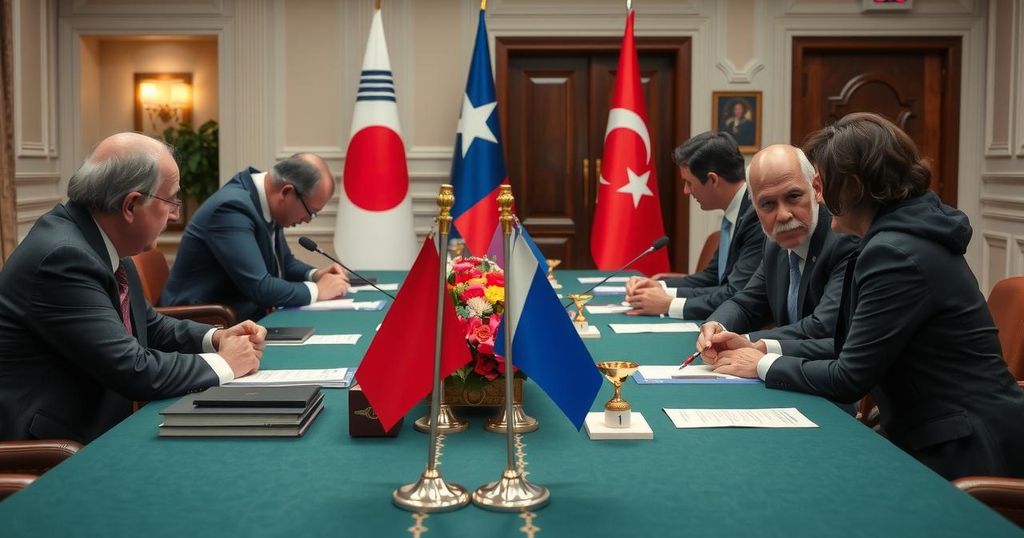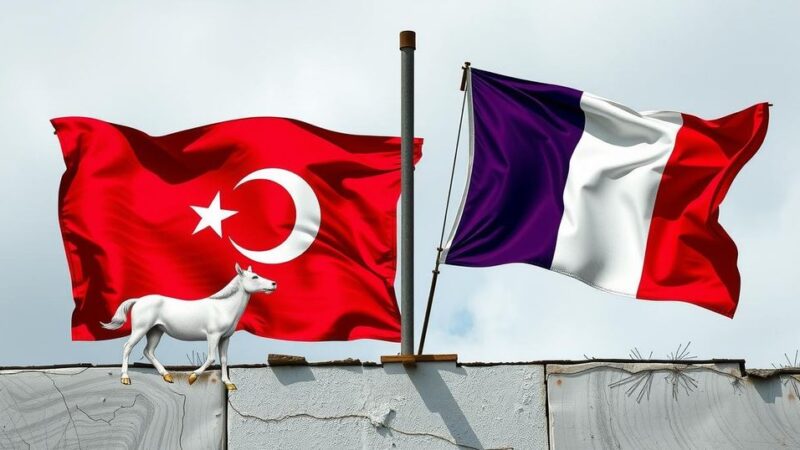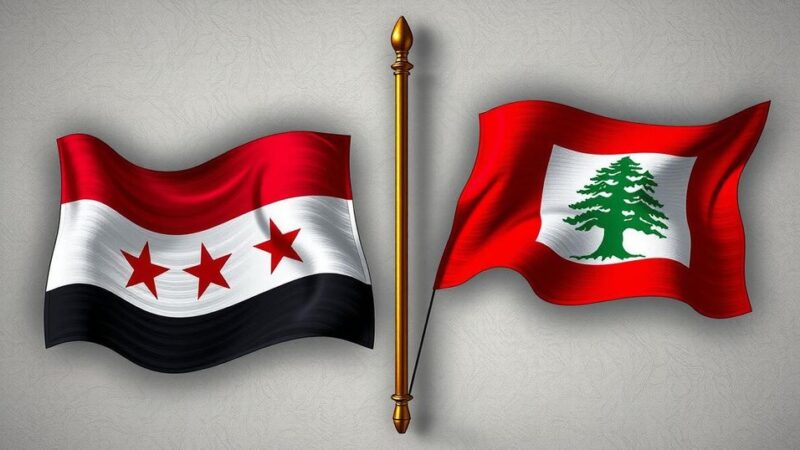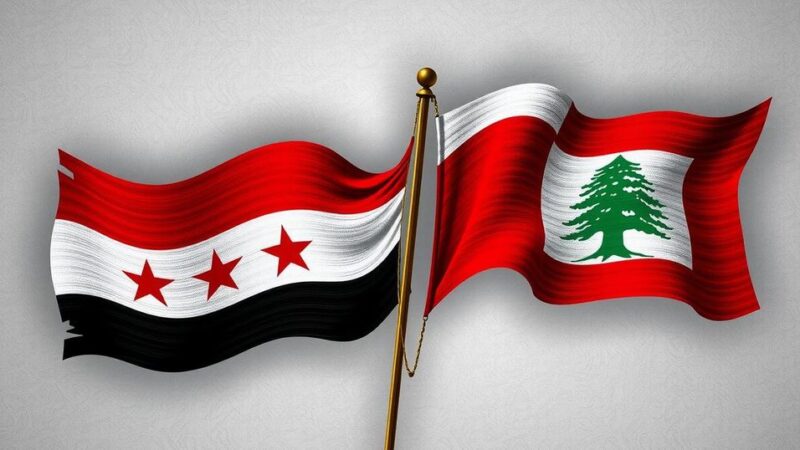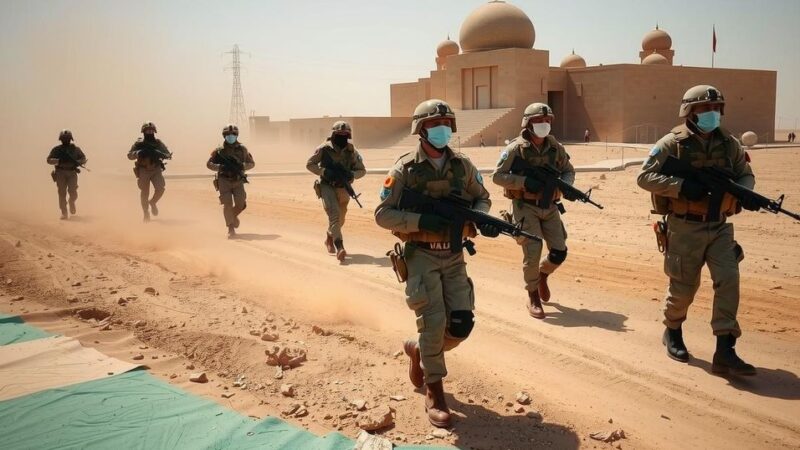Egypt has enhanced its alliance with Eritrea and Somalia in response to Ethiopia’s perceived threat. The Asmara summit in October 2024 led to pledges of military cooperation, with Egypt committing troops to support Somalia’s counterterrorism efforts. This collaboration is influenced by ongoing disputes over the Grand Ethiopian Renaissance Dam and Ethiopia’s maritime agreements with Somaliland, which have alarmed both Somalia and Egypt. The alliance may reshape power dynamics in the region, with potential increases in military confrontation.
In a strategic move to enhance its foothold in the Horn of Africa, Egypt has solidified its alliance with Eritrea and Somalia. This development follows a summit held in Asmara in October 2024, where leaders from the three nations convened to reinforce military cooperation and address mutual concerns regarding regional stability. Egypt’s commitment to dispatch troops to support Somalia’s counterterrorism efforts under the African Union (AU) mission signifies a direct response to what Cairo views as Ethiopia’s expanding influence in the region.
The partnership is rooted in Egypt’s long-standing dispute with Ethiopia over the Grand Ethiopian Renaissance Dam (GERD), a project Cairo perceives as a significant threat to its water security. Ethiopia’s recent agreement with Somaliland for increased maritime access has exacerbated tensions, prompting Somalia to align more closely with Egypt and Eritrea. Analysts interpret this summit as a decisive move by Egypt to secure its interests in the face of increasing pressure from Ethiopia, especially regarding the crucial issues of Nile water rights and Red Sea access.
Ethiopia’s pursuit of maritime access through its deal with Somaliland has raised concerns within Somalia about its national sovereignty, further cementing the collaboration between Egypt, Eritrea, and Somalia. This alliance not only encompasses diplomatic initiatives but also includes military support, including arms supply to Somalia and the creation of a joint foreign ministers’ committee to enhance strategic coordination across various sectors.
As the geopolitical landscape shifts, this trilateral relationship has the potential to alter power dynamics in the region. The impending months will be critical in determining the impact of this alliance on ongoing disputes concerning the Nile and access to the Red Sea, which may lead to heightened military and diplomatic confrontations.
The alliance between Egypt, Eritrea, and Somalia is fundamentally driven by shared concerns about Ethiopia’s growing influence and ambitions in the Horn of Africa. Central to this tension is the Grand Ethiopian Renaissance Dam (GERD), a project that poses serious implications for Egypt’s water security, given the Nile’s significance to its water supply. Furthermore, Ethiopia’s maritime agreements with Somaliland threaten to shift regional power balances and challenge the territorial integrity of Somalia, creating an urgent need for collaboration among these three nations to protect their interests. Ultimately, this geopolitical maneuvering reflects a broader struggle for control and influence in a strategically vital area.
The recent summit between Egypt, Eritrea, and Somalia marks a pivotal development in regional geopolitics. By strengthening their military and diplomatic ties, these nations aim to counteract the perceived threats posed by Ethiopia’s growing influence, particularly concerning water security and maritime access. As tensions continue to mount over these critical issues, the evolving dynamics of this alliance will likely have significant implications for stability and power relations in the Horn of Africa.
Original Source: www.garoweonline.com

